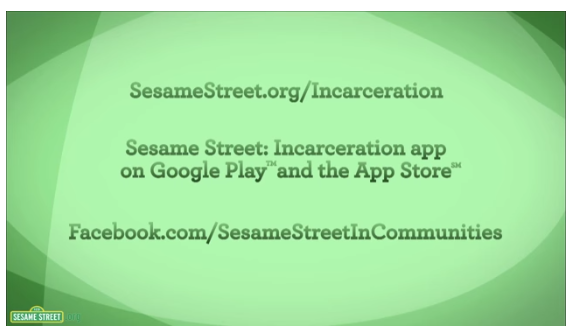
My co-author Sherry Zhang and I have compared the experiences in childhood and young adulthood of boys and girls who experienced one of four scenarios before their 18th birthdays – neither parent ever incarcerated; mother incarcerated; father incarcerated; or both parents incarcerated. This research allows us to describe similar and different childhood experiences in these four types of situations. We use data from the National Longitudinal Study of Adolescent to Adult Health – called “Add Health.” Of the children in this data who had the experience of a parent sent to prison, just over 80% endured paternal incarceration, while 12% experienced maternal incarceration and 7% had both parents sent to prison. Our findings reveal many similarities among sets of young people with one or both parents imprisoned, but some differences also underline the special needs of children with imprisoned mothers.
Differences in Family Situations
The structure of a child’s family patterns much of what he or she experiences when a parent is imprisoned. As shown in previous research, prior to incarceration women are more likely than men to report that they lived with their children. Understandably, therefore, the vast majority of children with incarcerated fathers continue to live with their mothers, while children with incarcerated mothers are more likely to reside with other family members like grandparents. Our findings using data from Add Health suggest that these differences are likely more than temporary arrangements caused by a parent’s imprisonment.- Although almost all adolescents with fathers in prison during their childhood years were living with mothers (80%) or with either biological parent (92%), far fewer children of imprisoned mothers were living with their mothers (54%) or with either biological parent (71%). And just small proportions of those who resided with biological parents lived with both – in sharp contrast to the vast majority of adolescents whose parents were never incarcerated.
- Other caregivers – such as fathers, grandparents, aunts, and unrelated adults – play a more prominent role for children of incarcerated mothers than for those with imprisoned fathers. In the maternal incarceration group, 17% reported living with their father but not their mother (compared to 6% in the paternal incarceration group and 5% in the group where neither parent went to prison). In comparison to adolescents whose fathers were incarcerated during their childhood, those whose mothers were sent to jail or prison are almost three times more likely to report living with their father but not their mother, four times more likely to report living with someone other than a parent, ten times more likely to report living with a grandparent or aunt, and 13 times more likely to be living with an adoptive or foster mother.
- Differences in family structure linger into adulthood. Although 88% of adolescents whose fathers went to jail or prison name their biological mother as the person who raised them, only 54% of those whose mothers were incarcerated name her as the one who raised them, while 36% point to other family members. However, in our data, neither maternal nor paternal incarceration is associated with the family structures formed by offspring in young adulthood.
Similar Experiences of Economic Hardship, Abuse, and Crime
Compared to those whose parents never went to jail or prison, individuals whose parents were incarcerated are more likely to report that they experienced economic hardship and exposure to abuse, crime, and violence during their childhoods. Tellingly, these adverse experiences are largely comparable for children with either mothers or fathers in jail or prison.
- Adolescents whose parents were ever incarcerated lived as children in households with average incomes below $33,000 – and over one quarter of these household had trouble paying bills and two-thirds received public assistance. Reported economic hardships were greater than for households where neither parent went to jail or prison, but for households with incarcerated parents it made little difference whether the mother or father was the one imprisoned. By young adulthood, those with one or both parents incarcerated during their childhood reported more hardship and lower educational attainment, but again it made little difference whether the mother or father had gone to prison. Our data suggest that previous research findings about the adverse effects of paternal incarceration can be generalized to maternal incarceration as well.
- Compared to those without imprisoned parents, nearly twice as many respondents who had a parent imprisoned (35% versus 17%) reported childhood physical abuse, exposure to violence in their neighborhoods or homes, and participation in incidents of delinquency – but once again, there were no significant differences between paternal and maternal incarceration.

 Research to Improve Policy: The Scholars Strategy Network seeks to improve public policy and strengthen democracy by organizing scholars working in America's colleges and universities. SSN's founding director is Theda Skocpol, Victor S. Thomas Professor of Government and Sociology at Harvard University.
Research to Improve Policy: The Scholars Strategy Network seeks to improve public policy and strengthen democracy by organizing scholars working in America's colleges and universities. SSN's founding director is Theda Skocpol, Victor S. Thomas Professor of Government and Sociology at Harvard University.